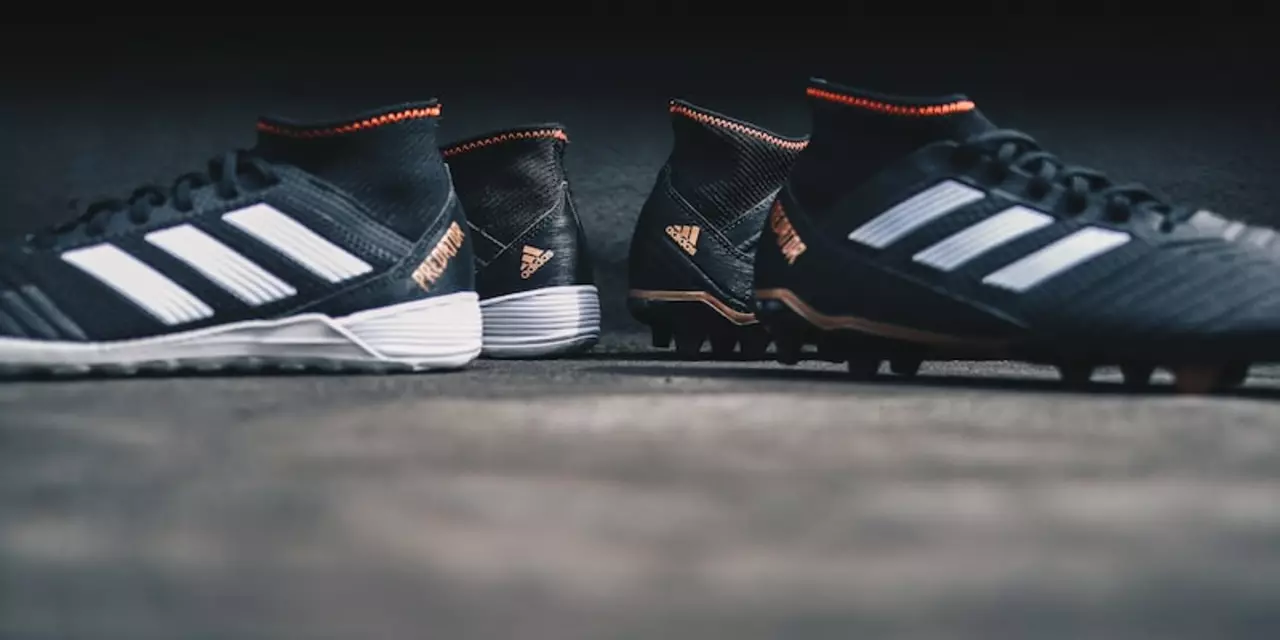Why Are Some Soccer Items So Expensive?
If you’ve ever walked into a sports shop and seen a jersey priced like a smart phone, you’ve felt the sting of an expensive soccer tag. It’s not magic – it’s a mix of brand power, limited runs, and the cost of making fans look good. Below we break down what drives the price up and help you decide if it’s worth splurging.
Luxury Jerseys and Limited‑Edition Kits
Top clubs release replica jerseys for the masses, but the high‑end market loves authentic kits. These are the exact shirts the pros wear on the pitch – they use premium moisture‑wicking fabric, have stitched badges, and come with official tags. Add a limited‑edition design or a retro throw‑back and the price can jump from £80 to over £200. The scarcity factor is huge; only a few thousand are made, so fans scramble to grab one before they sell out.
Do you need that level of authenticity? If you want to wear the same shirt as your favorite player on match day, sure, the cost makes sense. For everyday training, a cheaper replica does the job just fine.
High‑Cost Match Tickets and VIP Packages
Premier League and Champions League games command sky‑high ticket prices, especially for big matches like Manchester United vs Liverpool. A regular seat might be £100, but a VIP box with catering, a lounge, and a meet‑and‑greet can easily top £500. Why? Stadiums invest millions in security, hospitality, and broadcasting rights, and they pass a slice of that to the fan.
If you’re a die‑hard supporter who lives for the atmosphere, splurging on a VIP experience could be a once‑in‑a‑lifetime memory. But for most fans, a well‑chosen seat in the cheaper sections still offers great vibes without breaking the bank.
Gear That Costs More Than a Car
High‑tech football boots, like those with carbon‑fiber plates, can cost £300‑£400. The idea is that the extra stiffness helps you strike harder and run faster. In reality, the performance boost is tiny for most players. The same goes for custom shin guards or personalized training balls; they’re cool for bragging rights but not essential.
Before you drop cash, ask yourself: will this gear genuinely improve my game, or am I buying a status symbol? For most amateurs, a solid mid‑range boot does the trick.
Is It Worth Paying More?
Expensive doesn’t always mean better. Some fans love the feeling of owning a rare piece, and that emotional value can’t be measured in pounds. Others prefer to spend on experiences – like a stadium tour or a youth camp – that give deeper connections to the sport.
Bottom line: know what you’re paying for. If it’s a limited‑edition jersey, the rarity is the main driver. If it’s a VIP ticket, the extra comfort and perks justify the price. If you’re just after performance, focus on quality over brand name.
Next time you see an “expensive” tag, pause and ask: am I buying a memory, a status boost, or something that actually helps me play better? The answer will guide you to spend smartly and still enjoy the beautiful game.
Do expensive soccer shoes make a difference?
This article examines whether or not expensive soccer shoes make a difference in performance. It cites several studies that show that performance does not improve with expensive shoes. The studies showed that players with expensive shoes had similar performance levels to those with cheaper shoes. However, the article does point out that expensive shoes do provide better protection from injury and may be more comfortable. Ultimately, the article concludes that while expensive shoes may provide a player with a slight advantage, the difference is not significant enough to warrant the extra cost.
